Both systems generate language sequentially, and the smoothness or choppiness of that generation is a direct, observable measure of the ambiguity of the task and the resources required to resolve it.
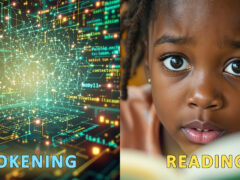

Both systems generate language sequentially, and the smoothness or choppiness of that generation is a direct, observable measure of the ambiguity of the task and the resources required to resolve it.
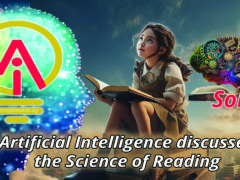
Indeed the established assumptions about the inherent stagnancy of text permanently dictate this offline, strategy-based model of reading instruction.
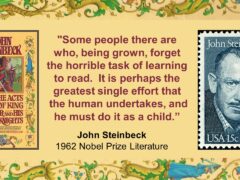
This book is always right next to me when I am working. Every time I see it I am reminded of how it changed my life. It still blows me away. It was about 24 years ago. My then six-year-old daughter and I were at a garage sale on the island of Kauai. I remember […]
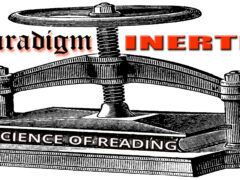
You See What Your Knowledge Tells You To See Paradigms are the mental infrastructures that connect and unify the mental models through which we experience the world. Because paradigms, like religious beliefs, can become so deeply rooted in our identities, they can be very hard to change. Sometimes they are hard to change for scientific […]
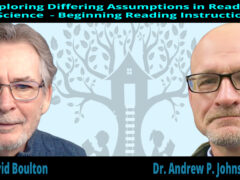
Dr. Andrew Johnson is a Reading Specialist and a Distinguished Faculty Scholar and Professor of Literacy at Minnesota State University. I, David Boulton, am a Learning Activist with Learning Stewards. Dr. Johnson and I have very different views about reading and the process of learning to read. We agreed to learn together and respectfully challenge […]
NAEP (K-12) scores aren’t perfectly accurate measures of grade-level reading proficiency. NAAL (17-year-old and up) scores aren’t perfectly accurate measures of adult literacy. The fact that they are separate assessment systems used to report on very different populations and yet come pretty close to predicting each other suggests they are both in the ballpark and […]
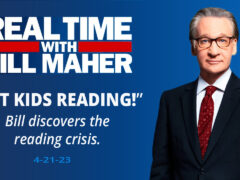
Bill Maher is known for pushing boundaries, criticizing and provoking both political wings, and for hosting conversations on a wide variety of important topics. During his April 21 2023 “Real Time” HBO show, Mr. Maher seemed startled as he read the headlines from a recent newspaper piece: “One in three children in America can […]
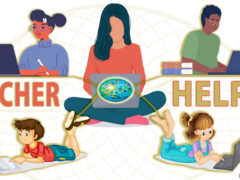
The purpose of reading instruction is to teach learners to be able to progress when they are reading on their own – when they are reading in-between instructional sessions. Learners who don’t read enough between instructional sessions don’t progress. In terms of the “practice” required to advance in reading, the number of words read during […]
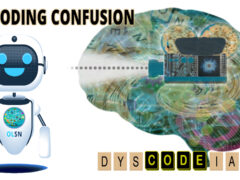
A short but deep journey into the root cause of reading difficulties and a new way of thinking about how to support children and adults who are learning to read and/or reading to learn.
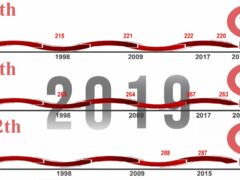
See for yourself. Despite all the hype about reading, despite the thousands of research studies, the billions spent trying to improve instruction, and the trillions lost as a consequence, reading scores in America today are virtually the same as they were when we started keeping data.
